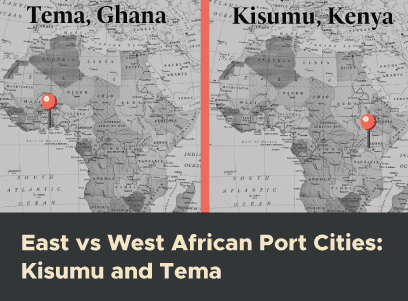
The Journey of a Banana, Part One
Introduction: Ripening Questions There is something about buying fruits and vegetables straight from a street stand. Whenever I travel, I enjoy buying food from street shops while quickly chatting with the owner. I guess it makes me feel a bit closer to the place I









